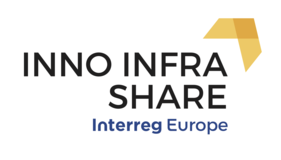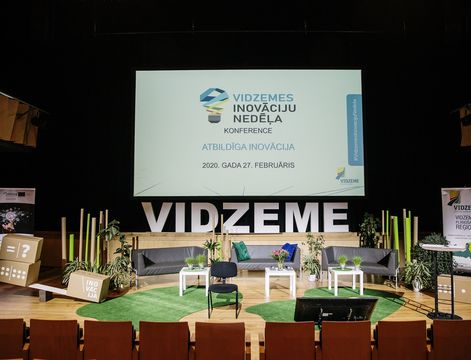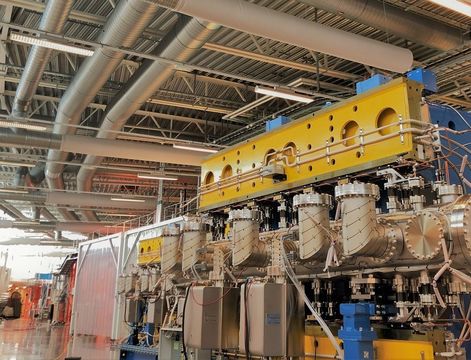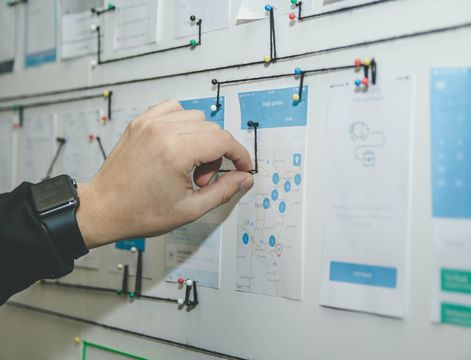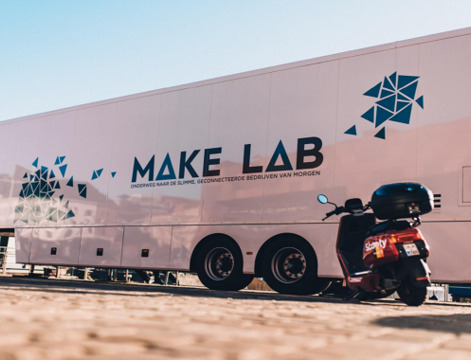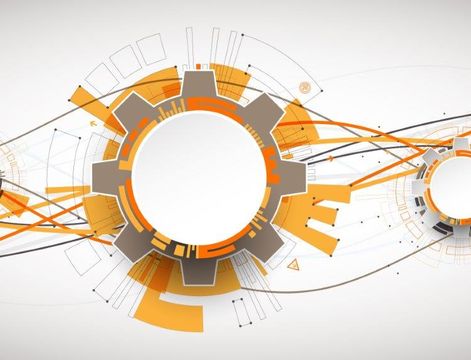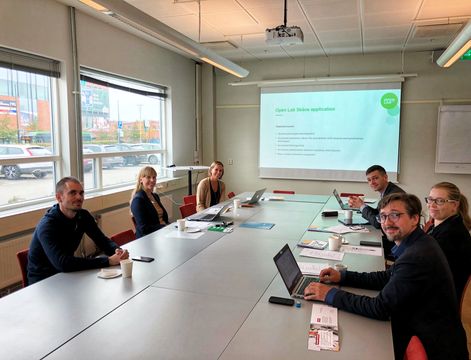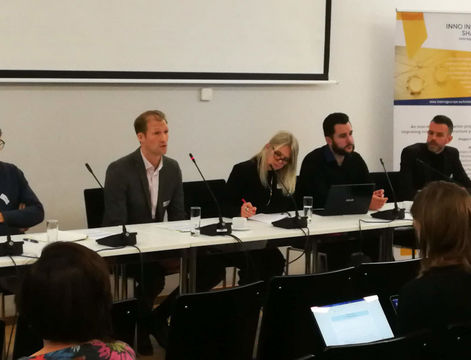In June, a large delegation of representatives of seven European regions went to visit Brainport Eindhoven (The Netherlands) for a glimpse behind the scenes. They are part of the INNO INFRA SHARE project, cofunded by the Interreg Europe program. The partnership is engaged in improving the performances of the local innovation infrastructures and making them more accessible to companies and especially SMEs. Brainport Eindhoven, one of the eight European regions within INNO INFRA SHARE, hosted this first study visit jointly with Flanders (Belgium). The visit was meant to inform and inspire the partners by sharing successful experiences.
Study visit

The first visit took place from 13 to 15 June and lead partners to Brainport Eindhoven and Flanders (the iMec laboratories in Ghent). The program of the visit to Eindhoven started at the campus of the Eindhoven University of Technology, where Prof. Dr. Sjoerd Romme (Faculty of Industrial Engineering & Innovation Sciences) introduced the delegation to the historical origin of and the special way of cooperation (ecosystem, multi helix) within the region. Of course, prof. Romme especially zoomed in on the way the ecosystem and multi helix construction enhances and facilitates the local innovation infrastructure.

The delegation then got an explanation from Dr. Huub Ambrosius, Managing Director, about the Nanolab@tu/e on the campus, which can be used by various internal (students and teachers) and external (companies such as ASML and SMART Photonics) parties. “The open-access culture and the cross-pollination derived from it are an important condition for innovation and development”, said dr. Ambrosius. After having the opportunity to look around in the lab, the first day of the study visit was concluded with a presentation about the Photon Delta, a cluster of companies and knowledge institutes in Brainport Eindhoven that has achieved ground-breaking results in the area of integrated photonics.
Open innovation concept
The second day focused on the campuses within Brainport Eindhoven, which prof. Romme called one of the ‘key actions’ in the ecosystem in his introductory speech the day before. Mr. Cees Admiraal, Business Development Director, talked on High Tech Campus Eindhoven about the development of the campus and the leading open innovation concept.

Subsequently, the delegation visited one of the institutions on the campus, Solliance Solar Research. Partners received information about the research institute and got a tour along the facilities. Mr Huib van de Heuvel, Managing Director, explained in depth the partnership model of Solliance, its technology and expertise.

Lastly, the program included an interregional learning workshop, during which Mr Sjoerd Romme of the TU/e summarized the lessons learned during the study visit. The guests were then put to work in small groups to define concrete actions, to ensure that each of them could translate these lessons to their own European region.

The last day was spent in iMec Ghent laboratories with the focus on two topics – flexible and stretchable electronics (CMST) and wireless networking. Partners had a chance to visit the iMec CMST facilities and to learn about the wireless networking activities. After that Ms Veerle Rijckaert presented Flanders FOOD and Food pilot which is one of the good practices where producers collaborate closely with R&I actors.
Impressions
One of the participants of the visit, Ms Inese Suija-Markova – Managing Director of the “Institute for Environmental Solutions” in Latvia, was very enthusiastic: “It was very interesting to learn about the concept of the HTCE campus and how smartly the space and content is planned and built in order to facilitate communication, interaction, learning among the residents of the Campus and create functioning knowledge networks. There is a very long way for my country Latvia to go in order to build such an innovation ecosystem, but I do believe that we can use some of the lessons learnt and apply them in our context. Talent attraction is one of the major challenges for the future of our region, so we should be brave and put this challenge high up on the list of priorities of all relevant sectors – public, private and academic, and focus on the activities how to address it. We should start building trust and communication between local politicians, entrepreneurs and academics by bringing them together, taking them on such study trips in order to raise their awareness on the benefits of cooperation and facilitating dialogue among them. Having limited resources, we should reconsider our investment strategies and make them smarter and more focused.”
The next study visit is planned in November 2017 in Emilia-Romagna region, Italy. Before that, the first peer review meetings between project partners will take place to go in depth in the most interesting good practices related to R&I infrastructures to learn from each other.
